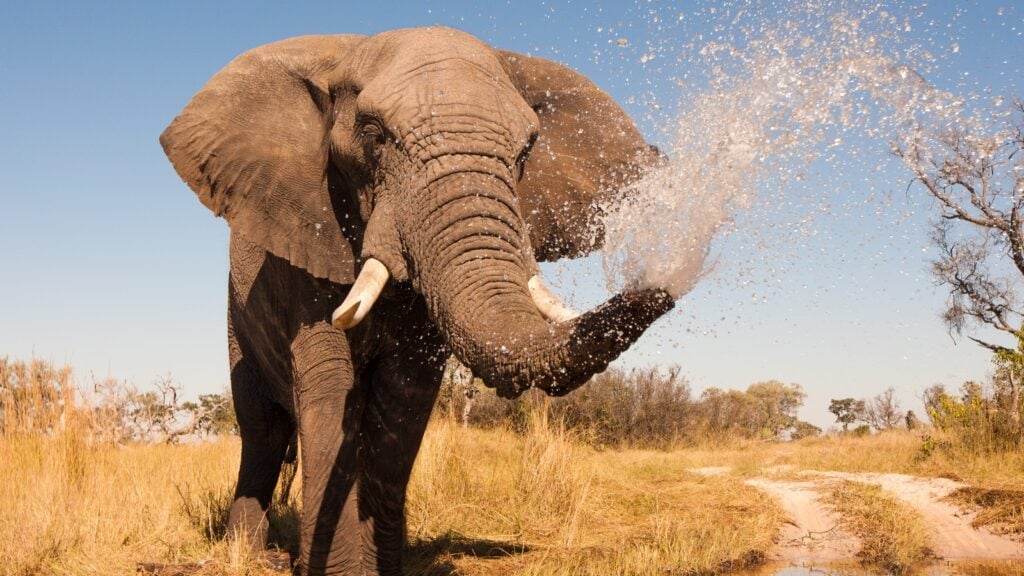A coalition of 137 conservation and animal protection groups has come together to demand a worldwide ban on the import of hunting trophies.
The largest identified markets for imports are the US and the EU. Between 2014 and 2018, close to 125,000 protected species trophies were imported globally. Both regions claimed large quantities. Every animal imported was protected by the Convention on International Trade in Endangered Species (CITES).
Trophy hunting represents a threat to biodiversity, which is already in peril. Hunters frequently target endangered and exotic species, thereby undermining ongoing conservation and protection efforts.
“Trophy hunting stands out among the worst forms of wildlife exploitation and is neither ethical nor sustainable,” Mona Schweizer of Pro Wildlife said in a statement.
She added: “In the face of the man-made global biodiversity crisis, it is unacceptable that exploitation of wildlife simply for acquiring a hunting trophy is still permitted and that trophies can still be legally imported. It is high time that governments end this detrimental practice.”
Shutting down the trophy hunting trade
More than 130 non-governmental organizations are now asking governments around the world to implement bans on hunting trophy imports. The group seeking the change in legislation includes 45 African organizations. Also participating are Humane Society International, Born Free, Pro Wildlife, and Eurogroup for Animals.
Previous attempts to leverage regulatory support, many led by Born Free, were predicated on ethical grounds and failed to gain traction. This time, the biodiversity issue is being placed front and center of the campaign.
“In this time of crisis for wildlife and biodiversity, it cannot be right for European hunters to be able to pay to kill threatened wild animals, either within the EU or overseas, and ship the trophies home,” Mark Jones, head of policy at Born Free said in a statement.
Reineke Hameleers, CEO of Eurogroup for Animals, added: “With the unethical practice of trophy hunting harming species conservation and the economy for decades, a policy shift is long overdue.”
“Together, with a united voice of 137 NGOs from all around the world, we call on governments to take responsibility for the protection of species and biodiversity–and to ban the import of hunting trophies.”
Public opinion supports a ban on trophy hunting and associated imports
Numerous global citizens oppose trophy hunting and the import of “souvenirs.” Surveys throughout the EU and US show that disapproval rates stand at anywhere between 63 and 96 percent.
In South Africa, a major exporter of trophies, disapproval stands at 64 percent, still representing a majority.
Despite public opinion against the hunting and import of animals, official legislative change is slow to materialize. A reversal of existing bans has occurred in some parts of the world.
In 2018, former US President Donald Trump lifted the ban on elephant hunting trophy imports. The move was widely criticized. Particularly because Trump pledged to keep the Barack Obama-instigated ban in place just one year prior.
The UK appeared to make progress last year. It was set to ban the import of numerous hunting trophies. A new animal rights bill, announced in December 2021, promised to prevent hunters from bringing home the body parts of 7,000 species. The bill has been delayed with the potential to be abandoned.






